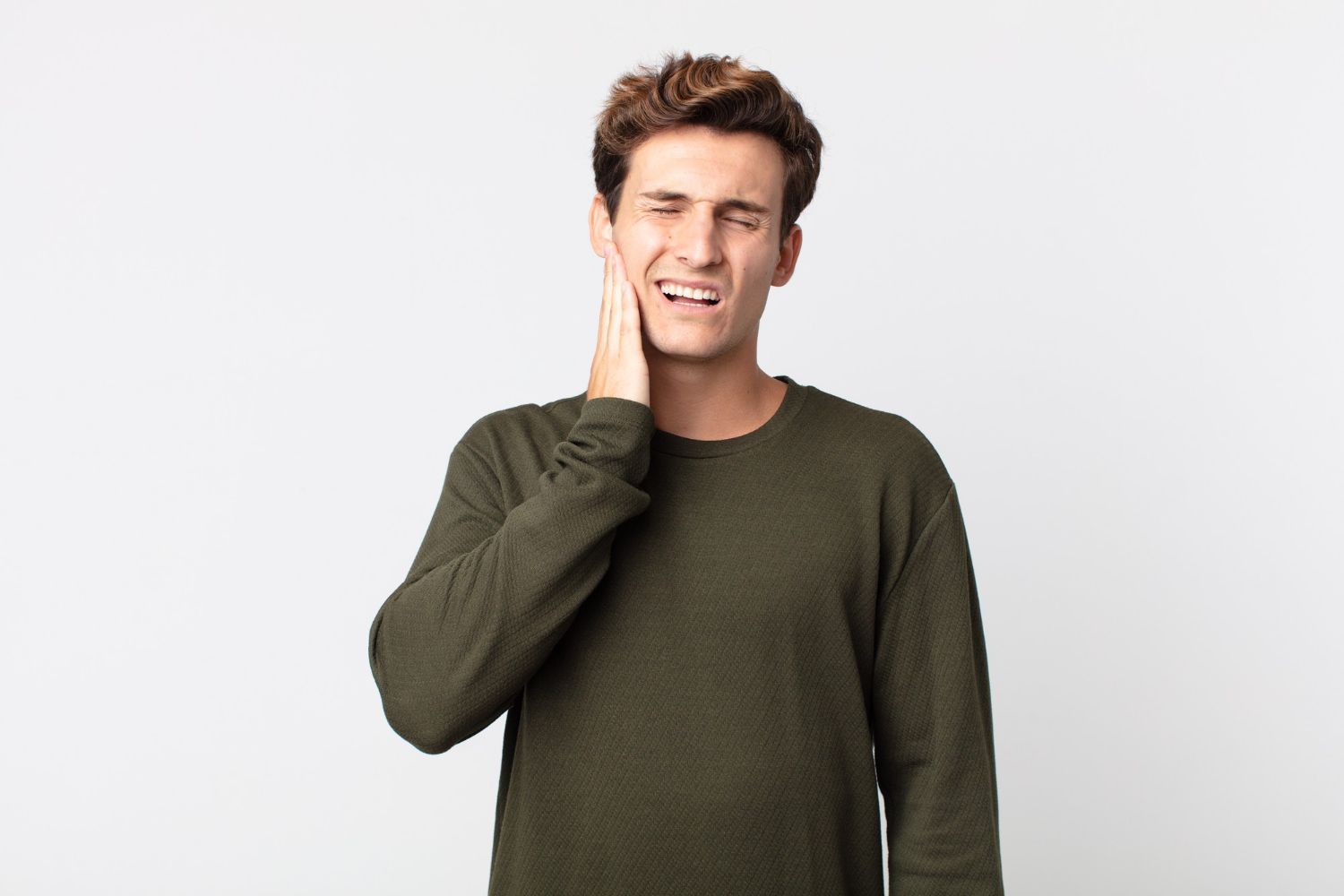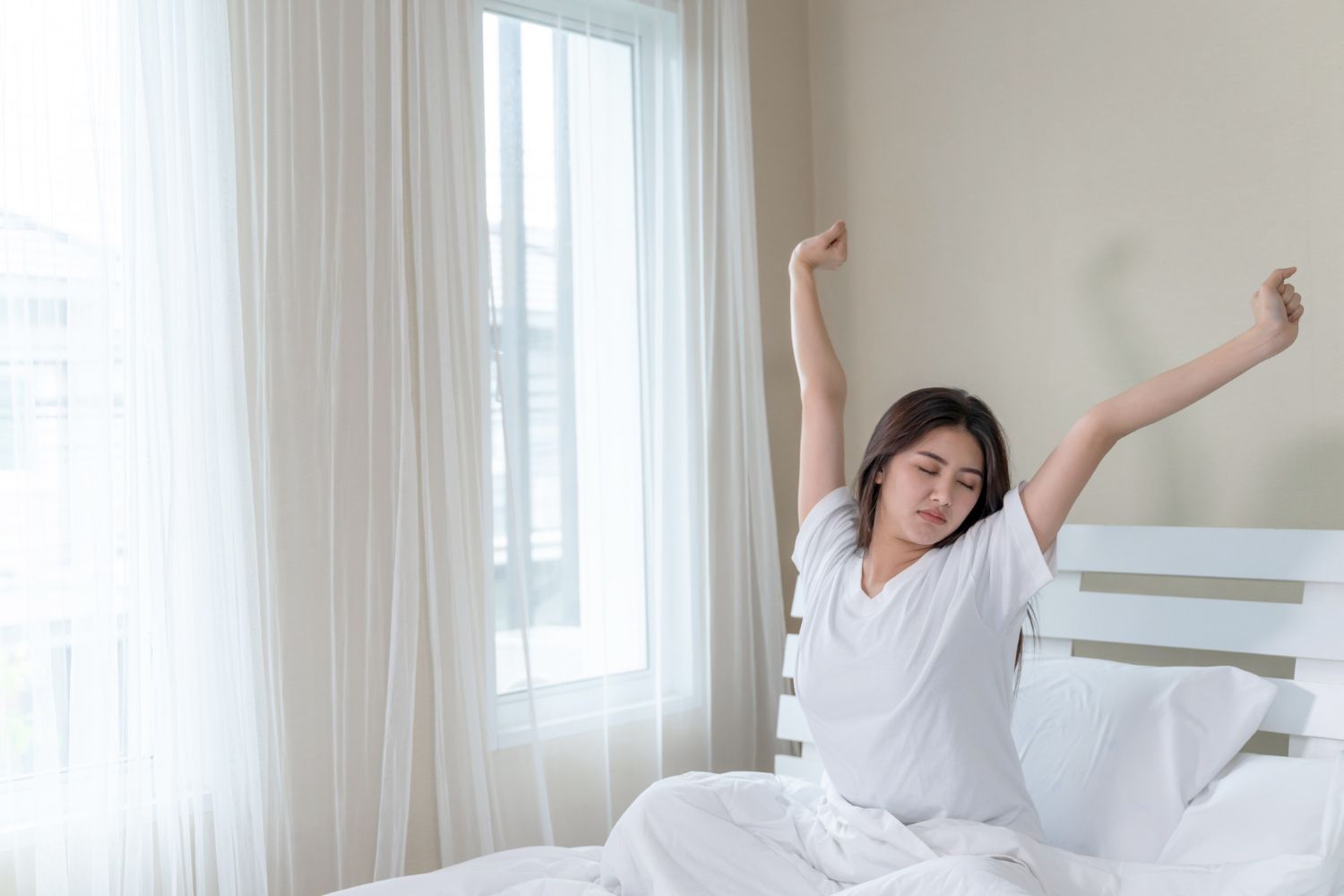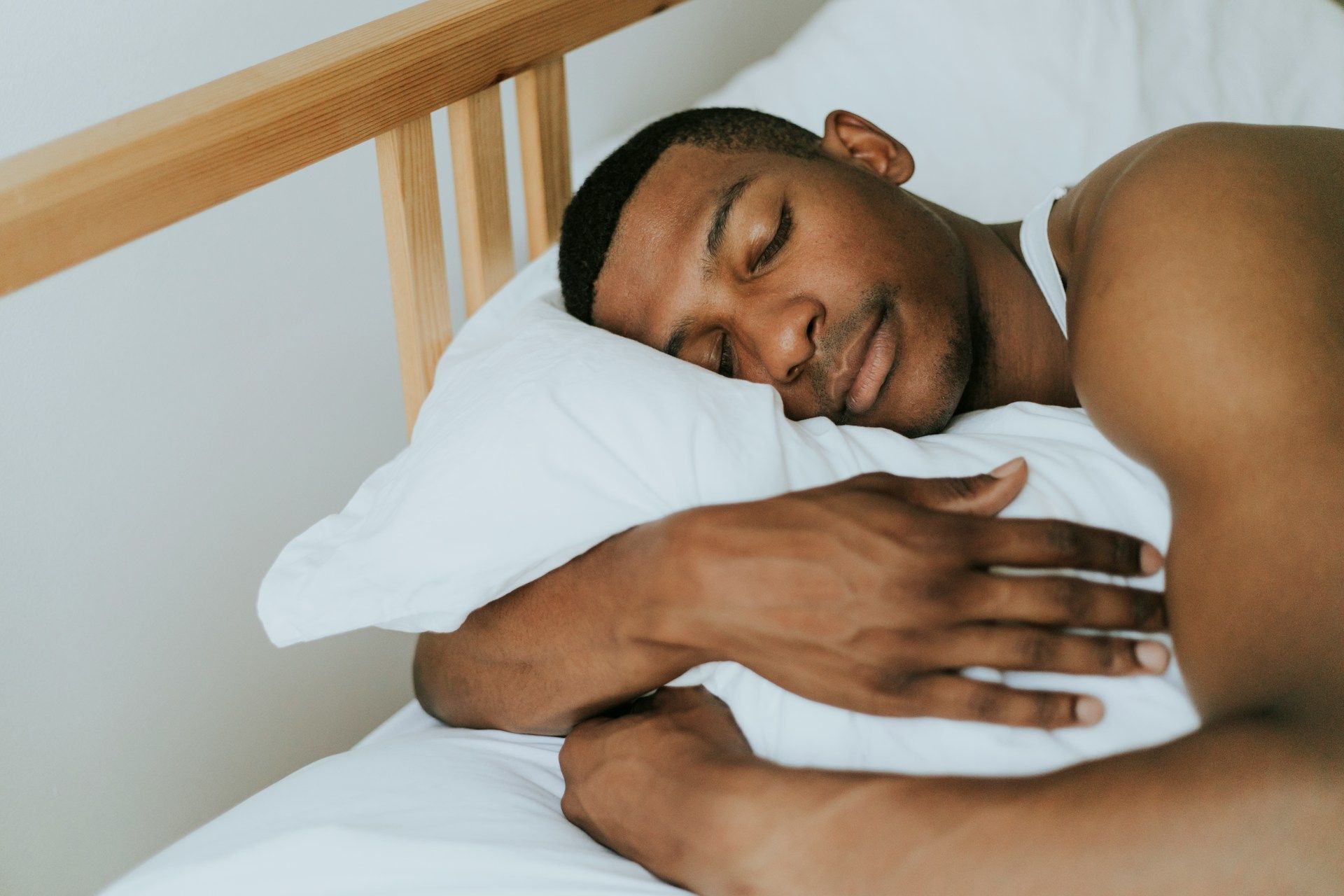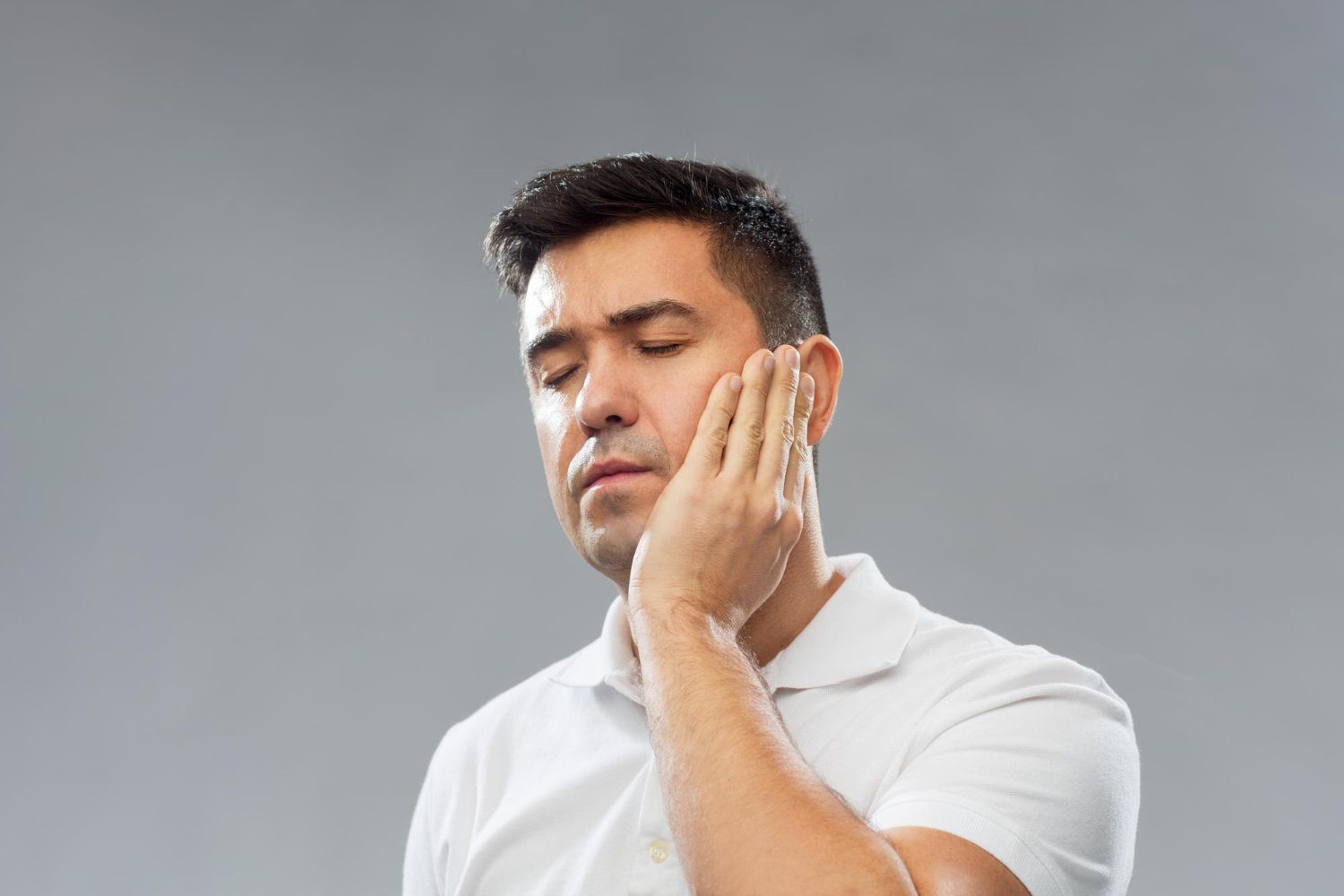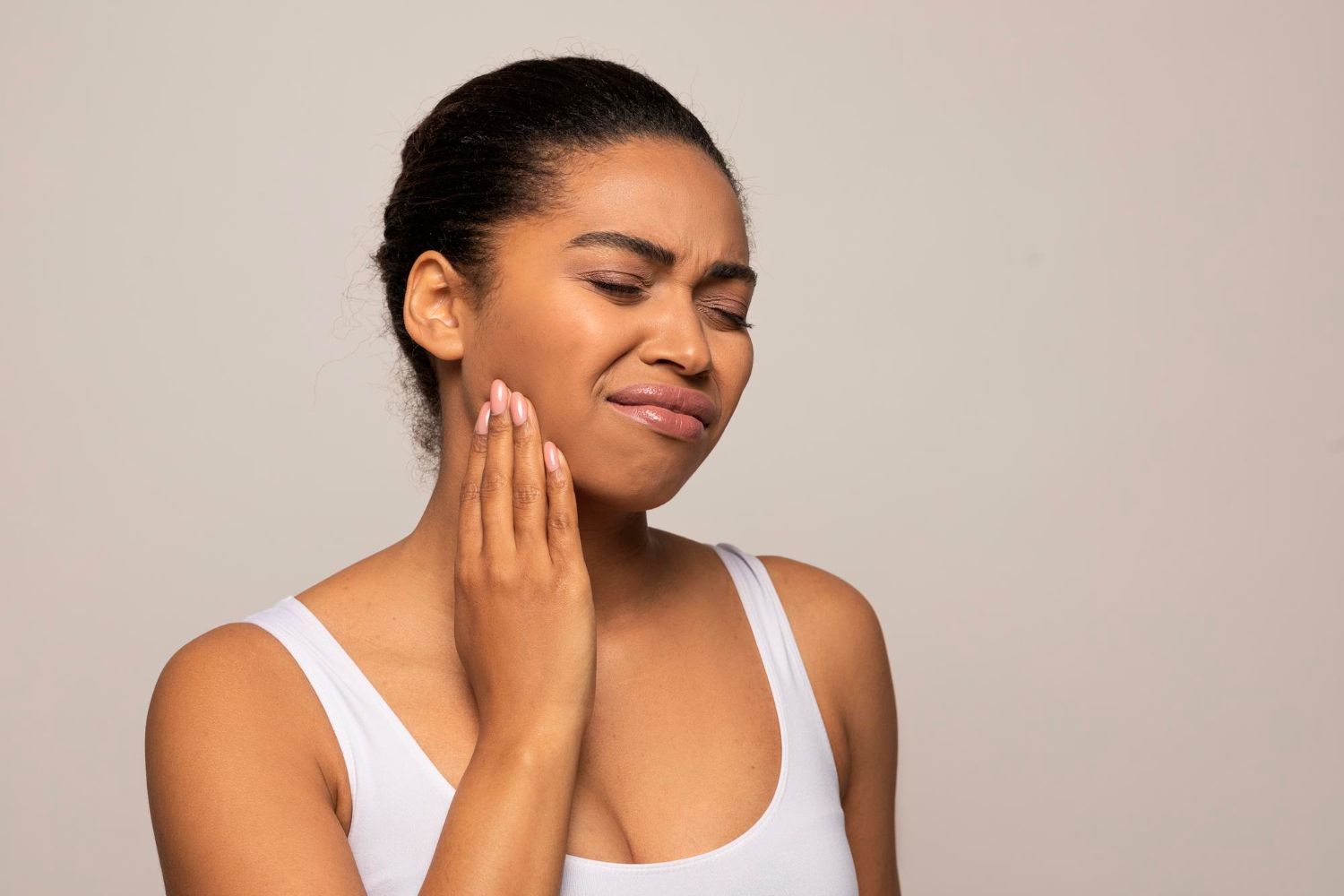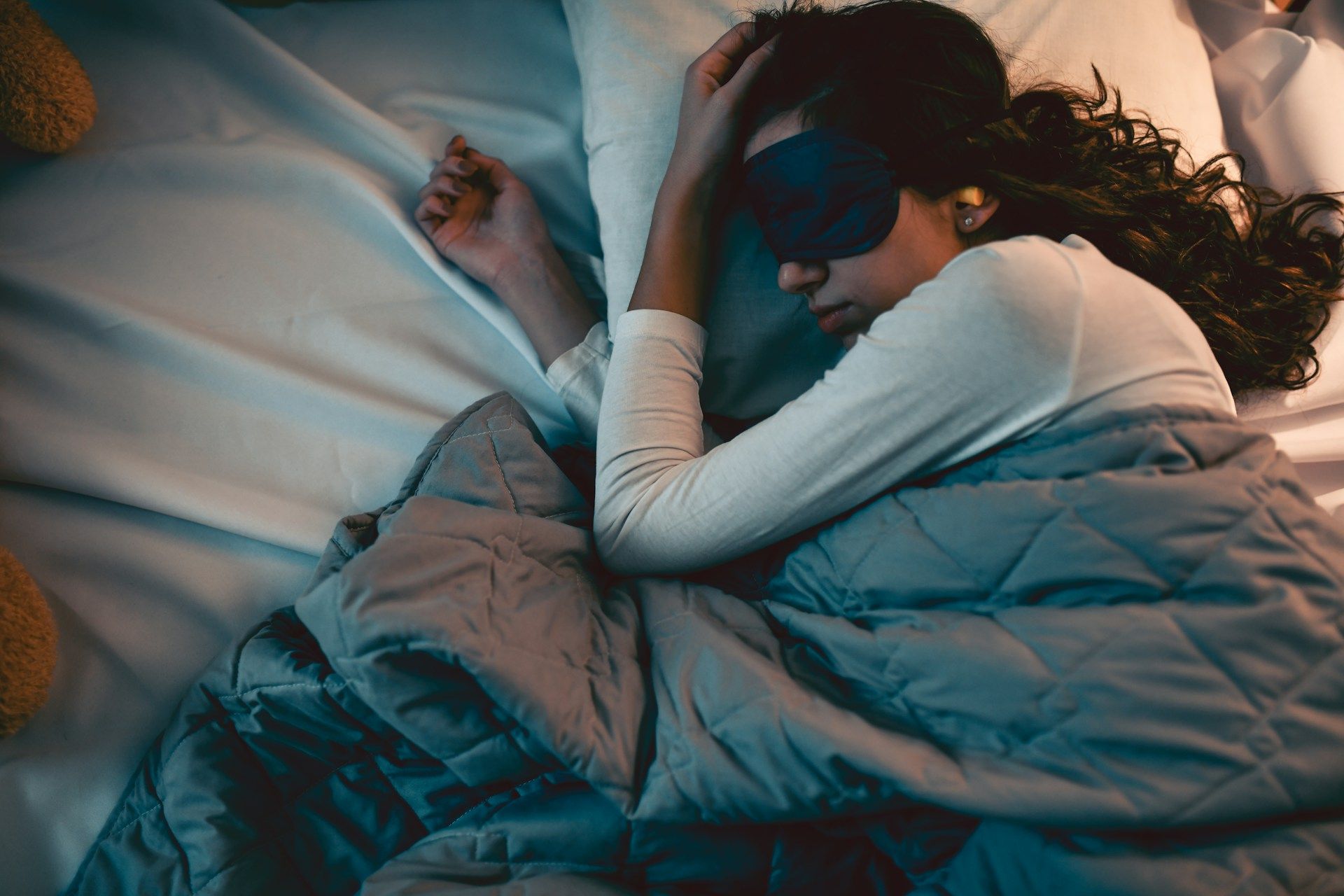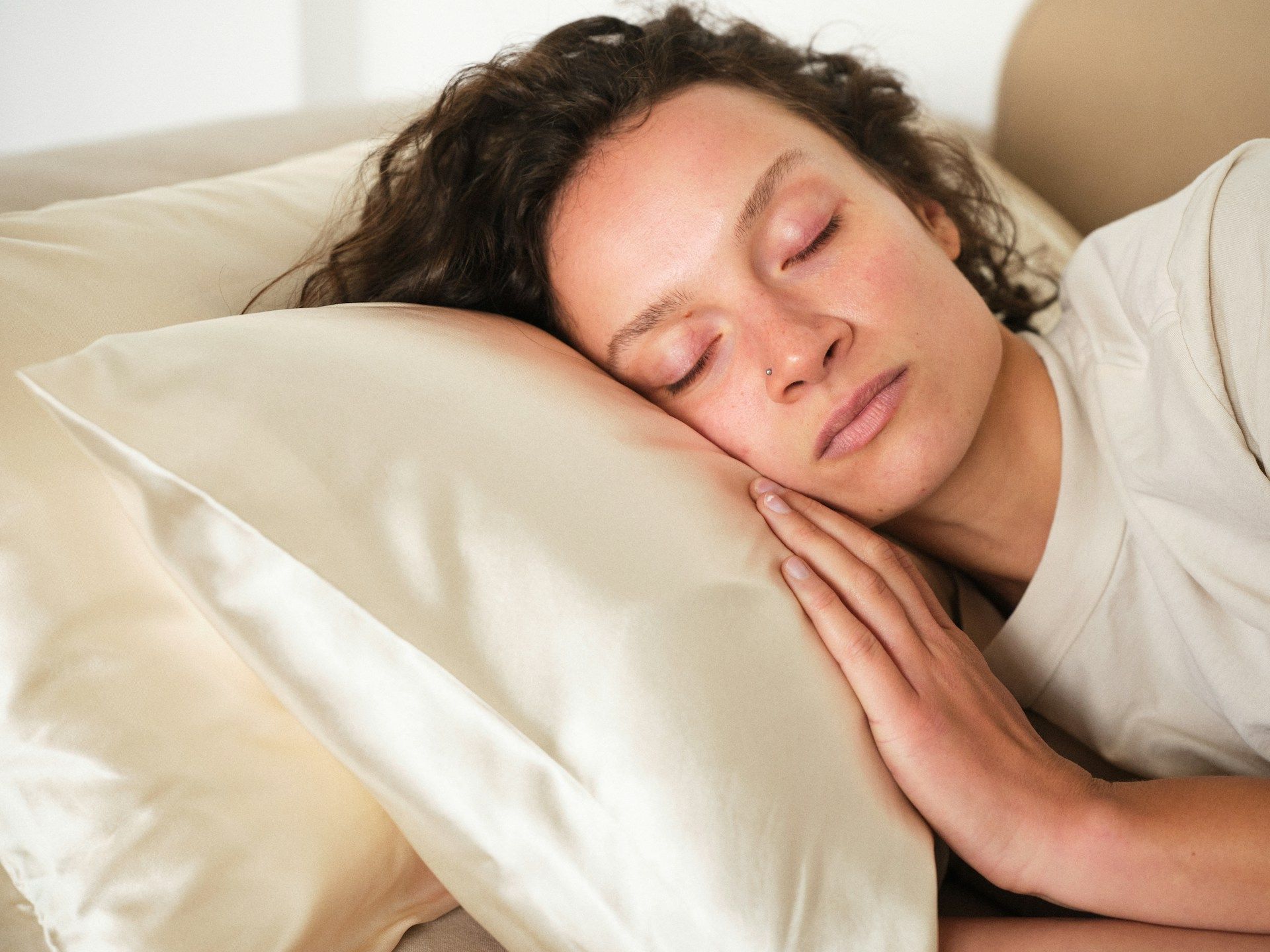Connection Between Bruxism and Sleep Apnea: Symptoms, Risks, and Solutions
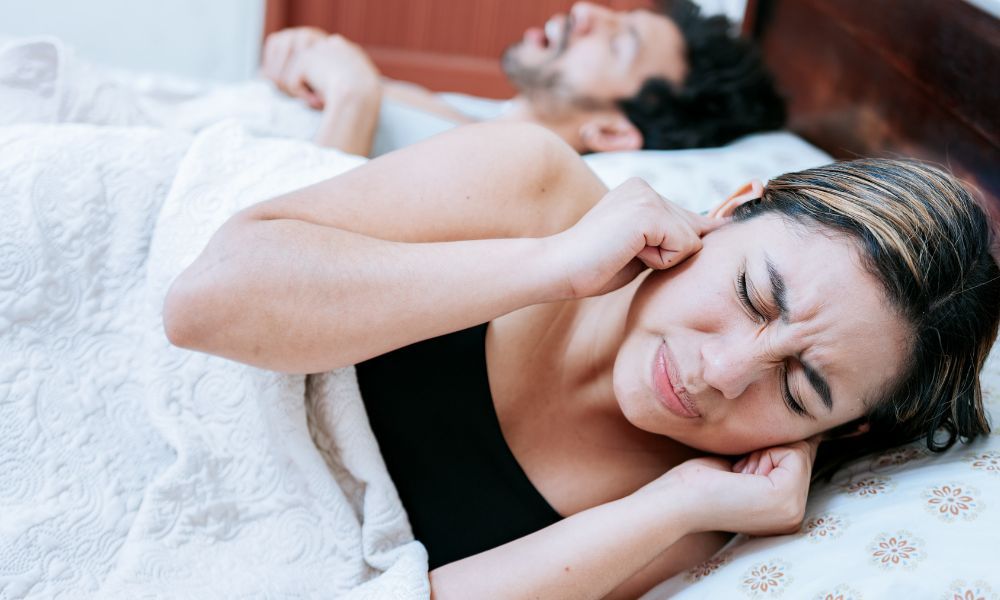
Bruxism, commonly known as teeth grinding, affects people of all ages and can have significant impacts on oral health and overall wellbeing. This condition often occurs during sleep, making it difficult for individuals to recognize its presence without the intervention of a dental or sleep professional. Interestingly, bruxism is often linked to another prevalent sleep disorder—sleep apnea. At The Center For Sleep Apnea and TMJ, we specialize in diagnosing and treating sleep apnea, snoring, TMJ disorders, and head and facial pain, including conditions like bruxism that may be associated with these disorders.
In this article, we'll shed light on the connection between bruxism and sleep apnea, discuss the symptoms and risks associated with both conditions, and explore the available treatment options at our center.
When the upper and lower teeth grind against each other, it can cause discomfort, dental damage, and other complications. Bruxism can lead to tooth sensitivity, enamel wear, jaw pain, and disrupted sleep for both the individual and their partner. This often-overlooked sleep disorder is found in 8-16% of the population, with a significant portion of bruxism cases showing an association with sleep apnea, particularly Obstructive Sleep Apnea (OSA).
OSA is a sleep-related breathing disorder characterized by repetitive episodes of partial or complete cessation of airflow during sleep, caused by the collapse of the airway. The link between bruxism and sleep apnea may be rooted in the body's attempt to maintain an open airway; clenching and grinding the teeth may be a reflexive response to these airway obstructions.
Understanding the connection between bruxism and sleep apnea is essential, as addressing only one of these issues may not lead to a complete resolution of symptoms. In the following sections, we will discuss the symptoms and risks associated with sleep apnea and bruxism and the comprehensive diagnostic approach and treatment solutions available at The Center For Sleep Apnea and TMJ. By addressing both conditions, patients can achieve improved sleep quality, reduced discomfort, and better overall health.
Recognizing the Symptoms of Bruxism and Sleep Apnea
Identifying the signs of bruxism and sleep apnea is the first step towards seeking appropriate treatment. Here are some common symptoms of both conditions:
- Bruxism: Signs of bruxism can include tooth sensitivity, flattened or worn tooth surfaces, damage to tooth enamel, jaw muscle pain, and morning headaches.
- Sleep Apnea: Symptoms of sleep apnea typically consist of loud snoring, witnessed pauses in breathing during sleep, gasping or choking while sleeping, restless tossing and turning, difficulty staying asleep, and excessive daytime sleepiness.
In some cases, individuals may exhibit symptoms of both bruxism and sleep apnea, further suggesting a potential connection between the two conditions. Noticing one or more of these symptoms should prompt a consultation with a qualified professional, like those at The Center For Sleep Apnea and TMJ.
The Risks of Untreated Bruxism and Sleep Apnea
Failing to address bruxism and sleep apnea can lead to a variety of short-term and long-term health complications. Some potential risks include:
- Dental Damage: Persistent teeth grinding can weaken and damage teeth, leading to sensitivity, fractures, gum recession, and tooth loss.
- Temporomandibular Joint (TMJ) Disorders: Bruxism can place excessive strain on the jaw's temporomandibular joints, leading to TMJ disorders characterized by jaw pain, clicking or popping, and difficulties opening or closing the mouth.
- Sleep Deprivation: Both bruxism and sleep apnea can disrupt the sleep cycle, leading to nonrestorative sleep, fatigue, and associated health problems.
- Cardiovascular Issues: Sleep apnea is a known risk factor for hypertension, stroke, and heart disease due to the repeated oxygen deprivation and stress it places on the cardiovascular system.
- Cognitive and Emotional Problems: Chronic sleep disruption can have significant effects on mental health, contributing to difficulties with memory, concentration, mood regulation, and increased risk of anxiety and depression.
Diagnosing Bruxism and Sleep Apnea
At The Center For Sleep Apnea and TMJ, our diagnostic approaches for bruxism and sleep apnea are designed to provide comprehensive and accurate assessments, paving the way for successful treatment plans. Our diagnostic process includes:
- Detailed Medical History: Our team begins by reviewing your medical and dental history, including any reports of bruxism, sleep apnea, or other sleep disorders.
- Physical Examination: During a physical examination, our specialists assess your oral structures, airways, and temporomandibular joints for signs of damage or dysfunction related to bruxism and sleep apnea.
- Sleep Study: If sleep apnea is suspected, we may recommend a sleep study to monitor your sleep patterns and breathing. This test helps us determine if sleep apnea is present and develop an appropriate treatment plan.
Treatment Options for Bruxism and Sleep Apnea
Once bruxism and sleep apnea have been accurately diagnosed, our team at The Center for Sleep Apnea and TMJ works alongside you to develop a customized treatment plan. Some of the treatment options available include:
- Dental Treatments: Custom-fitted mouthguards or splints may be provided to protect your teeth and reduce grinding during sleep. These devices also help reposition the jaw and tongue, potentially reducing the severity of sleep apnea.
- Continuous Positive Airway Pressure (CPAP) Therapy: A CPAP machine is the standard treatment for moderate to severe sleep apnea. The device delivers continuous, pressurized air through a mask, keeping the airway open and reducing bruxism-related episodes.
- Oral Appliance Therapy: Custom-made oral appliances can be worn during sleep to reposition the jaw and tongue, preventing airway blockage in patients with mild to moderate sleep apnea. This treatment option may also help mitigate bruxism symptoms.
- Lifestyle Changes: Adopting healthier habits, such as weight loss, regular exercise, and avoiding alcohol and tobacco, can have positive effects on both bruxism and sleep apnea symptoms.
- Surgical Intervention: In some cases, surgical interventions may be necessary to address structural abnormalities contributing to bruxism and sleep apnea, such as a deviated septum or enlarged tonsils.
Conclusion
Understanding the connection between bruxism and sleep apnea is crucial in identifying the most effective treatment options for both conditions. By seeking expert help from The Center For Sleep Apnea and TMJ, patients can receive customized treatment and care, improving their sleep quality, oral health, and overall wellbeing.
Addressing both bruxism and sleep apnea is essential to achieving long-lasting relief and preventing further health complications. Don't let these disorders control your life—seek professional help and embrace a brighter, healthier future.
Looking for a
sleep apnea doctor in Meridian? Look no further than The Center for Sleep Apnea and TMJ. Our clinic is dedicated solely to treating sleep apnea, snoring, TMJ disorders, and related conditions, and our team of experts has the experience and expertise you need to manage your symptoms and improve your quality of life. Contact us today to schedule a consultation and take the first step towards a better night's sleep.
Disclaimer:
Our blog articles serve to educate readers about various treatment options for sleep apnea and TMJ disorders. It's important to understand that while we discuss multiple treatments in our posts, not all of these options may be accessible at our clinic. We encourage you to reach out and schedule a consultation with us. This way, we can carefully devise a personalized treatment plan that caters to your specific needs.

